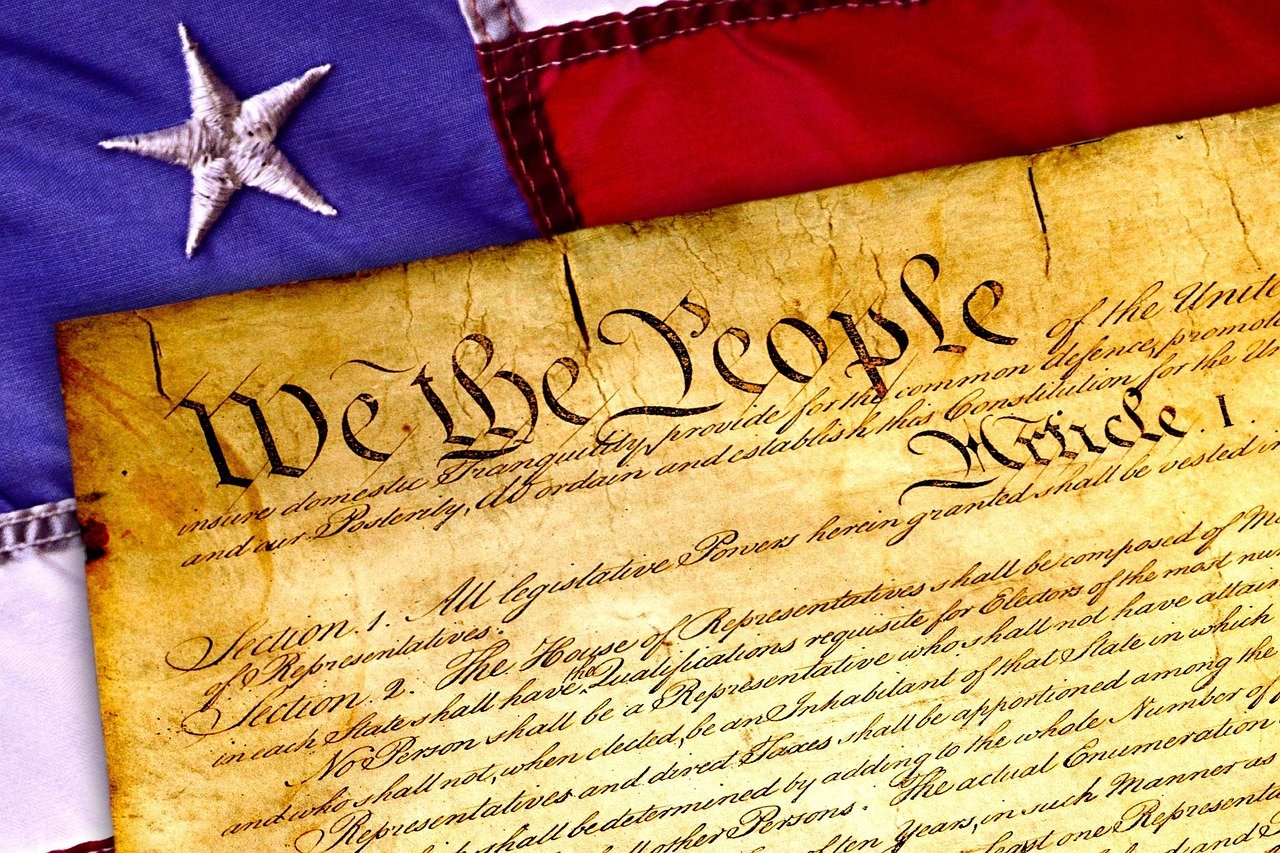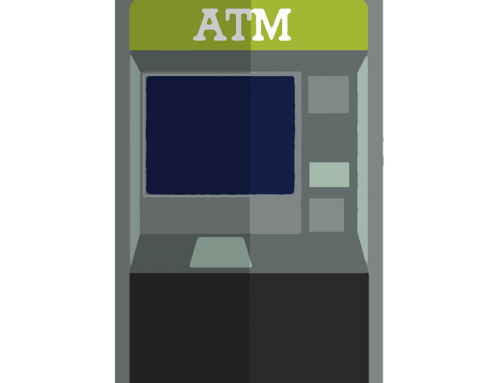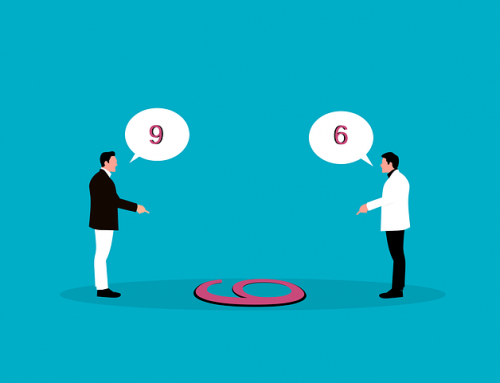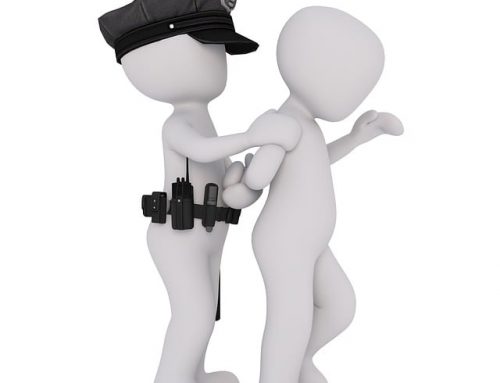The Corona Virus has upended life as we know it. While residents of a few California Counties are able to go about life in a more or less normal fashion, many of us have had to make do with what’s available – which isn’t much. When it comes to law enforcement, perhaps one of the biggest changes was the “zero bail” policy approved by the Los Angeles Supreme Court that would virtually eliminate bail and, instead, let arrestees go free with a citation that states when they are supposed to go to court.
On the outside the policy makes sense. One of the best ways to keep the virus from spreading is to keep people away from each other. Unfortunately, some offenders have taken advantage of the new policy. For example, last May, a suspect in Glendora was arrested, cited, and released three times in a single day. Due to the temporary “zero bail” policy, D. Landrum was able to commit three separate crimes and police were powerless to stop him.
To be fair, the “zero bail” policy was only set to include arrestees suspected of committing misdemeanors and low-level felonies; dangerous criminals were still kept in custody and not released back onto the streets. However, the incidents involving Landrum paint a grim picture of what a post-bail California may look like.
Bail bondsmen are not the keepers of a defendant’s freedom. What a bail bondsman does is secure the release of a defendant at a fraction of their total bail cost. While the defendant is free on bail, they will be able to obtain counsel, attend school and/or work, and make the proper preparations if they expect to spend time in jail.
While the defendant is free from police custody, it is the bail bondsman’s job to monitor the defendant and ensure they attend their court appointments. When a defendant chooses not to show up for court, it is the bail bondsman – not the police – who must track down the defendant and bring them back into police custody. Once a defendant skips bail, they’re highly unlikely to be granted bail again. In some instances bail will be granted to a defendant with a history of flight, however, it will be significantly increased.
Bail provides a defendant with a monetary incentive to appear before a judge at the appointed date and time. When obtaining the services of a bail bondsman, you will be able to secure a defendant’s release at a fraction of the cost set by law enforcement. Should the defendant fail to show up for court, not only will they be tracked down by a bail bondsman, but they will be forced to pay the full amount of bail – a cost that can exceed several thousand dollars.
Two years ago, SB10 was passed in the California Legislature which would totally eliminate cash bail and replace it with a system similar to the “zero bail” policy that was recently enacted. The difference is that instead of issuing a citation and releasing a suspect, computer algorithms would instead be used to determine whether or not the arrestee qualifies for release from custody. Additionally, the law empowers judges to supersede the judgment of the algorithm and hold a defendant in custody for any reason.
Once it’s determined that the arrestee should remain in jail, they will be stuck there with no recourse, as the bail system that was previously in place to allow for their freedom no longer exists.
The right to bail is granted by the 8th Amendment of the Constitution, and by eliminating cash bail, the California Legislature is trampling all over the Constitutional rights of Californians.
After the passage of SB10, the bail industry was able to obtain enough signatures to put a hold on SB10 and bring the issue to voters via referendum. As a result, Proposition 25 is on the ballot this November. If Prop 25 is passed, cash bail will be a thing of the past – leaving many arrestees (who are guilty until proven innocent) without their 8th Amendment rights.
Don’t let this November strip you of the rights guaranteed by the US Constitution. Vote NO on Prop 25.








Leave A Comment